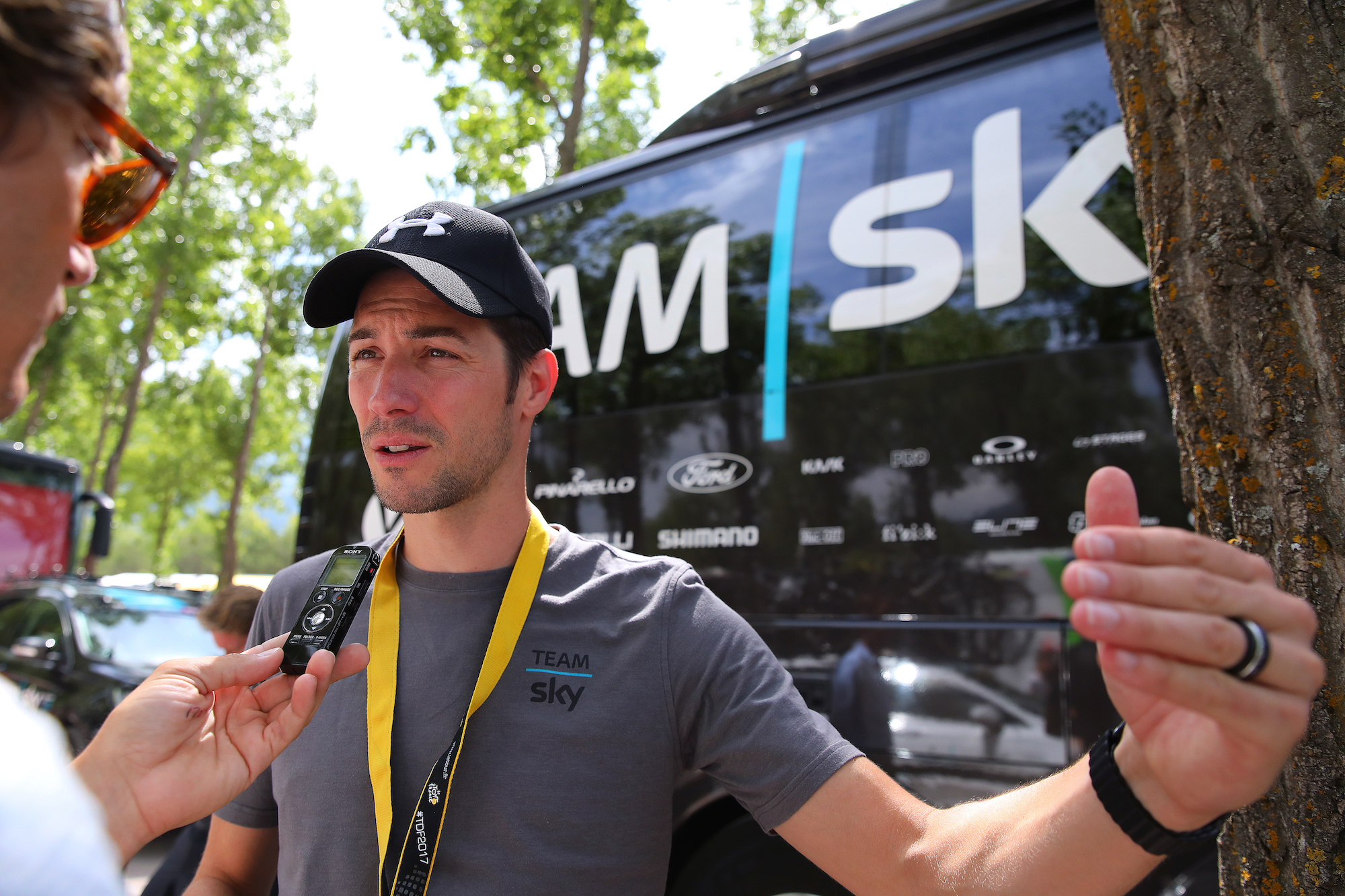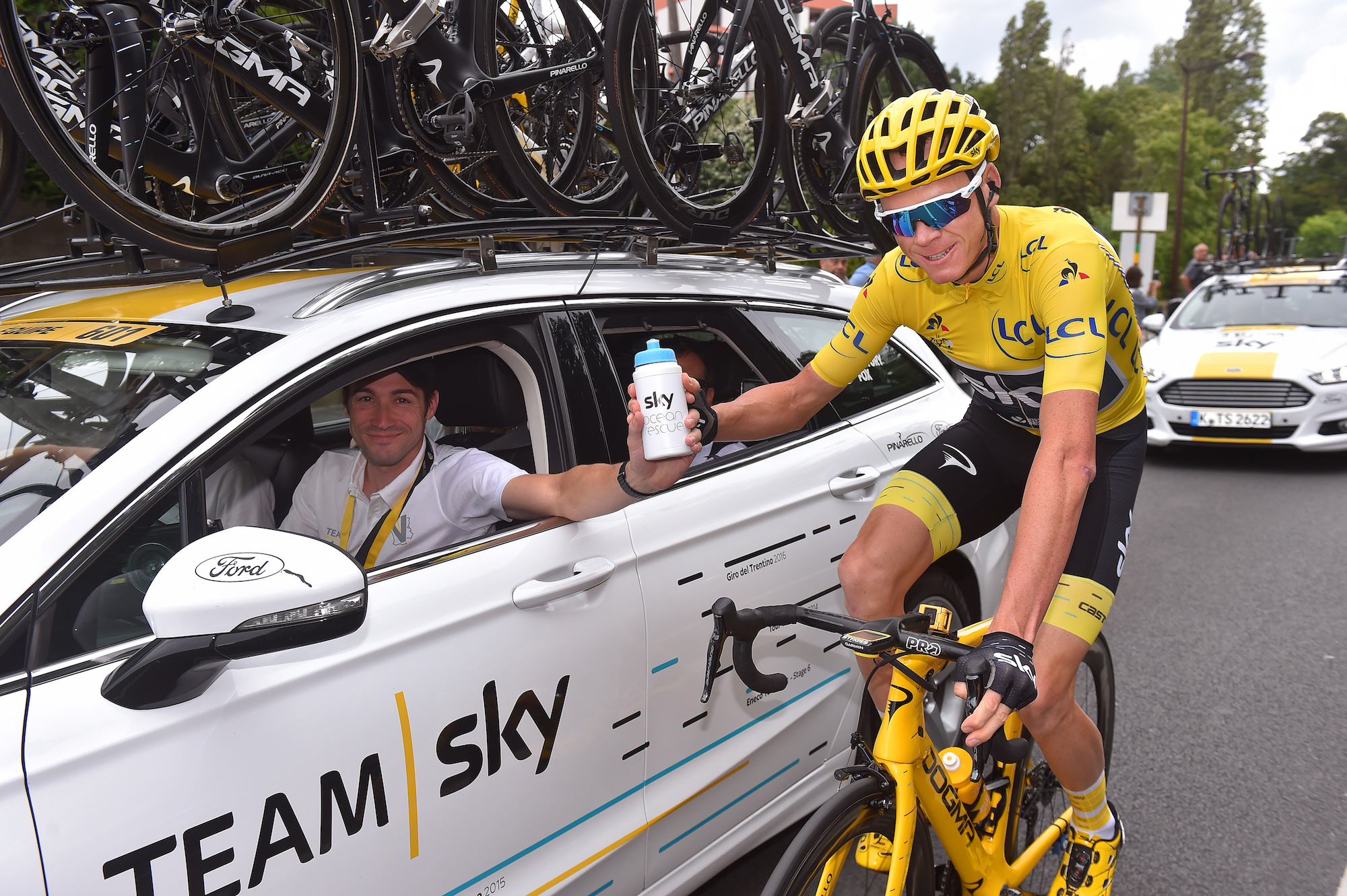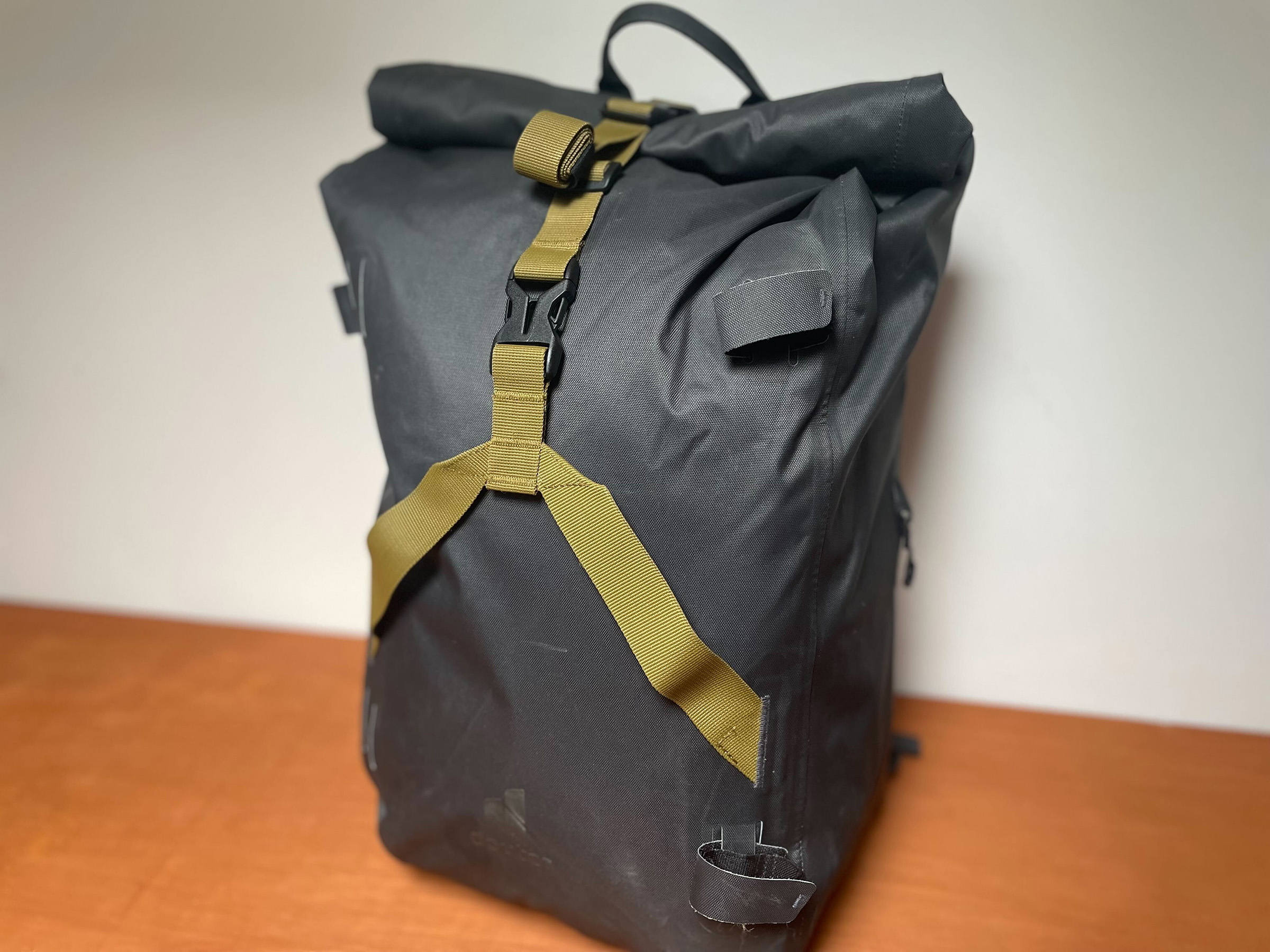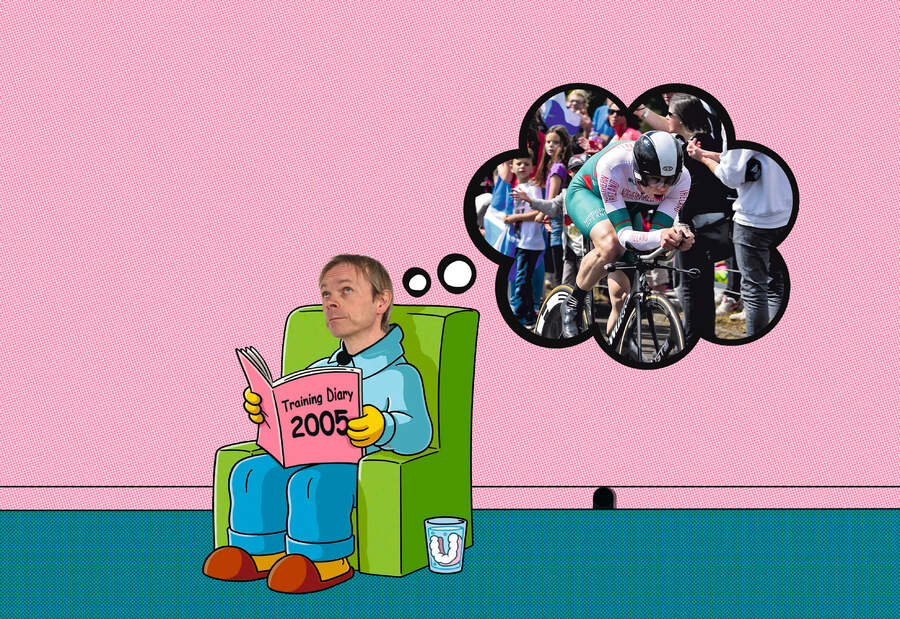'Approachable, engaging, and insightful': Remembering Nicolas Portal
Nicolas Portal’s easygoing character and instinctive tactical insight made him one of cycling’s best team directors

When, in 2017, I was researching and writing about the tactical side of bike racing, Nicolas Portal was an obvious person to talk to for an insight into strategy at the Grand Tours. I contacted Sky’s press office, who asked for a list of questions they could send on to him. A couple of days later, they said he was happy to talk and sent his number.
When I called, Nico – I think everyone in cycling called him that – he’d just got in his car in Andorra and had a long drive ahead of him. “Don’t worry, I’ll put you on speaker. I’ve got plenty of time to talk,” he told me. “It’s strange, nobody really ever asks me about tactics and it’s one of the parts of the sport that I really love.”
We chatted for the next two hours, the line cutting out from time to time when he drove through a tunnel, the conversation picking up again from where we’d left off when his car re-emerged into daylight.
He started by outlining his path through cycling, starting as a mountain biker who switched to the road with Ag2r in 2002. He struggled with the adjustment from off-road racing, he admitted. “I didn’t really like the road initially, the fact that you had to shave your legs and all that stuff. I found it a little bit boring, riding on a bike with tiny tyres and nothing happening for three or four hours, and where the downhills are pretty short,” he said. But he quickly realised he had a feel for the tactical side of the sport. “That’s what really appealed to me about road racing, the fact that you can use your head to beat someone who is better than you.”
>>> Geraint Thomas and Chis Froome share their grief over loss of Nicolas Portal
He spent four seasons with Ag2r, then another four with Caisse d’Epargne (now Movistar), where he was prized as an on-road team captain, and continued in this role for Sky in 2010. It was during that year that Sky team manager Dave Brailsford proposed he move into team management. Portal thought Brailsford was kidding, that there was no way that he would want a Frenchman who didn’t speak much English to become a team director. But Brailsford and plenty of others at Sky had realised that Portal had an uncanny ability to communicate.
Portal mulled the suggestion, then accepted it and spent the next two seasons working as an assistant directeur sportif alongside lead DS Sean Yates. “Sean changed my perspective on the job of a sports director. He had tattoos, he still loved riding his bike, he was cool, he talked in French slang, he didn’t wear a shirt and tie. He didn’t look like an ex-roadie and that was exactly why I liked him,” Portal explained. When Yates left Sky at the end of 2012, Portal took on the role of Sky’s lead DS, working with new team leader Chris Froome.
Get The Leadout Newsletter
The latest race content, interviews, features, reviews and expert buying guides, direct to your inbox!
Going into the 2013 Tour, Portal still wasn’t completely convinced he was cut out to be a lead DS. But his viewed changed in the middle of that race, on a stage over the roads that he knew like the back of his hand in the French Pyrenees. The day after Sky had shown their dominance at Ax 3 Domaines, where Froome had won and taken the yellow jersey and Richie Porte had moved into second place on GC, a series of incidents resulted in the race leader becoming isolated from his team-mates in the lead group, where Movistar had plenty of numbers supporting leaders Alejandro Valverde and Nairo Quintana.
“I thought for a few moments and then got on the radio to Froomey. I told him to follow the main GC contenders but not to go crazy. By the time I got up behind the group, I knew that the whole Movistar team were on the front working for Quintana and Valverde. I wanted to make the situation as simple as possible for him, so I told him, ‘Froomey, it’s very easy. You’re changing colours. Your new team is Movistar. You just follow them and stick with Quintana and Valverde. Don’t try to follow Dan Martin, or [Alberto] Contador or anyone else. Just follow those two guys.’
“I remember when I told Froomey that his new team was Movistar, Dave [Brailsford] was in the car with me and he gave me a look as if to say, ‘Fucking hell! What are you telling him?’ I didn’t have time to go into all the detail I’m laying out now.” The tactic paid off, though, Froome finishing in the group alongside his rivals, and as a result holding onto the yellow jersey that he then kept until Paris.

Portal revealed that he saw racing as a game of chess, rather than poker, preferring to commit his riders only when it was clear there could be a clear gain. ‘In chess, you know you’ve got strong pieces and good tactics, and based on that you know you can beat your opponent. At Sky we’ve certainly got some strong riders. I do look at other teams, though, and think that they’ve got some really strong riders, but they’re playing poker. When you play poker, you can lose everything on a single hunch. I prefer to play chess so that when I get the riders to move and expend their energy, there is some thought behind that, a tactical plan,” he explained.
After the phone had cut out when he went through another tunnel, he rang me back again to give an example of this calculating approach, from the 2016 Tour stage into Culoz, when Froome was already in yellow. “It was a tough day in the Jura mountains. At the end they went over the Grand Colombier twice – two different ways up and the same route down. The plan was for Froomey to stay with his team-mates because there were still two summit finishes and a mountain time trial in the final week just ahead.
“Towards the top of the climb, on the very steepest part, which was 16 per cent or so, Froomey touched his microphone and said: ‘Nico, I feel really, really good.’ Froomey wanted to split the race open again, but I told him to stay with Mikel [Nieve] and Wout [Poels], to let them control the race. He did that, although if you look back he did make a very small attack, just as a test really. When he moved, the other GC guys moved with him, and when he stopped, they stopped. If the likes of [Romain] Bardet and Quintana had been in really good shape, they would have used the fact that Froomey had attacked to counter-attack. But they didn’t, and why was that? Because they were full on. A couple of years earlier, he would probably have attacked, but the fact that he spoke to me about it showed that he probably knew himself it wasn’t the right place to try to gain time.”
Those two hours were not only an education for me, but also highlighted Nicolas Portal’s professional and personal qualities. Very approachable, engaging and giving with his time, he was hugely insightful. It was always a pleasure talking to him, one that I’ll miss immensely at every race that I’ll go to.
Merci beaucoup, Nico.

Thank you for reading 20 articles this month* Join now for unlimited access
Enjoy your first month for just £1 / $1 / €1
*Read 5 free articles per month without a subscription

Join now for unlimited access
Try first month for just £1 / $1 / €1
Peter Cossins has been writing about professional cycling since 1993, with his reporting appearing in numerous publications and websites including Cycling Weekly, Cycle Sport and Procycling - which he edited from 2006 to 2009. Peter is the author of several books on cycling - The Monuments, his history of cycling's five greatest one-day Classic races, was published in 2014, followed in 2015 by Alpe d’Huez, an appraisal of cycling’s greatest climb. Yellow Jersey - his celebration of the iconic Tour de France winner's jersey won the 2020 Telegraph Sports Book Awards Cycling Book of the Year Award.
-
 Deuter's 30ltr commuter backpack
Deuter's 30ltr commuter backpackA rolltop bag to fit a change of clothes and a sandwich. And keep them dry
By Simon Richardson Published
-
 The thing that bothers me most when I look back at old school training is that right now we’re doing something equivalently misguided
The thing that bothers me most when I look back at old school training is that right now we’re doing something equivalently misguidedOur columnist's old training diaries reveal old-school levels of lunacy
By Michael Hutchinson Published